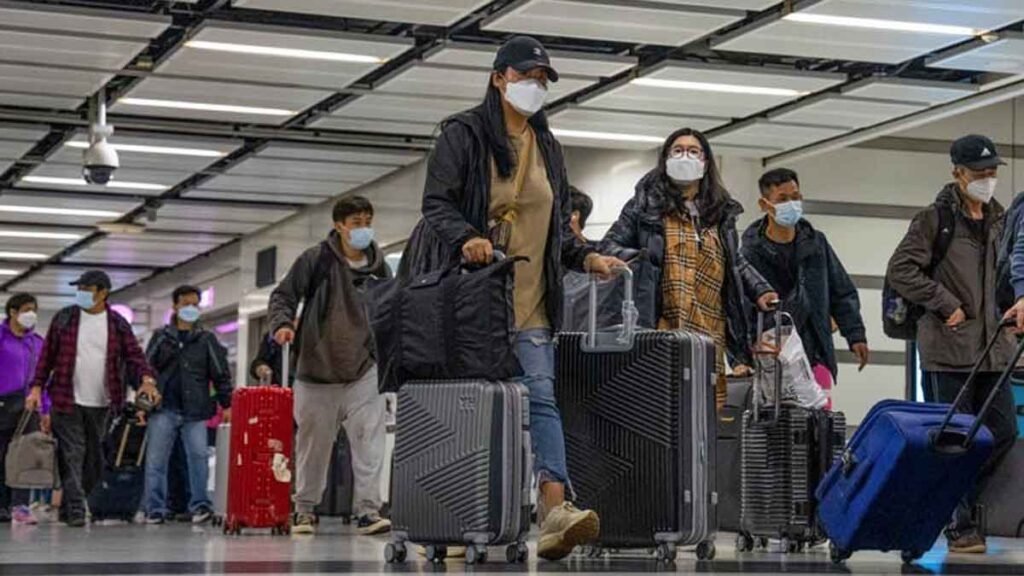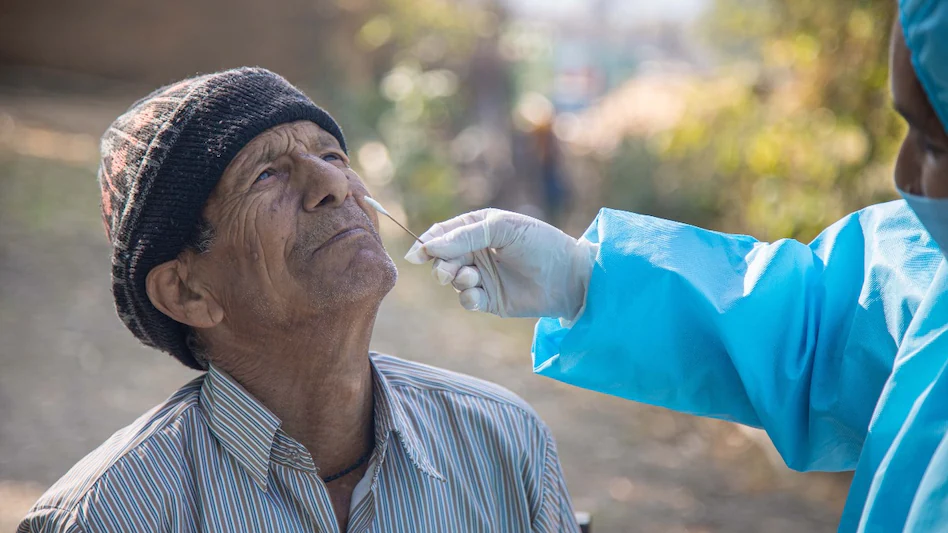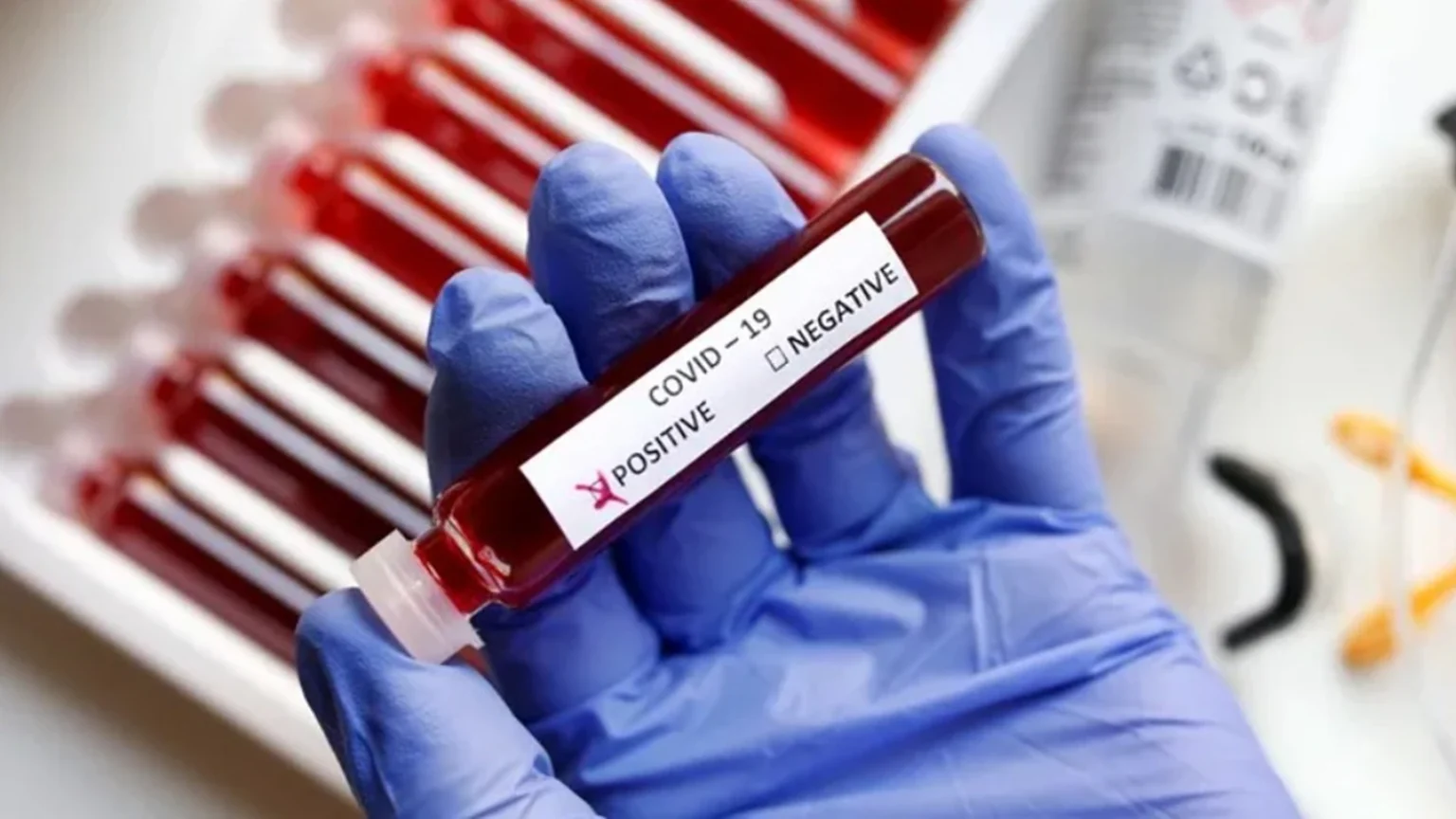A recent Covid-19 surge in Hong Kong and Singapore has raised public health concerns, but authorities are urging calm. Health experts say this Covid-19 surge in Hong Kong and Singapore is likely due to waning population-level immunity and fewer elderly people receiving booster shots.

Covid Surge in Hong Kong and Singapore: Stay Alert but Don’t Panic
If you’re experiencing symptoms of a respiratory infection, health officials advise staying at home to prevent spreading the virus to others. Simple public health practices like masking in crowded spaces, frequent handwashing, and avoiding enclosed areas remain critical in minimizing transmission.
Covid Surge in Singapore: What’s Behind the Spike in Cases?
Singapore’s Ministry of Health has stated that the rise in infections is not linked to new, more dangerous variants. The virus strains currently circulating — LF.7 and NB.1.8, both offshoots of the JN.1 lineage — are not known to cause more severe disease than earlier versions.

Weekly data ending May 3 showed:
- Estimated Covid-19 cases rose from 11,100 to 14,200
- Daily hospitalizations increased from 102 to 133
- ICU admissions slightly dropped from 3 to 2
The newer JN.1-based Covid-19 vaccines, which target the circulating strains, are not yet available in India.
What’s Causing the Covid Surge in Hong Kong?
Hong Kong has observed a significant rise in viral load in sewage samples, indicating wider community spread. The percentage of respiratory samples testing positive for Covid-19 climbed to 13.66% by May 10, up from 6.21% four weeks earlier.
During the recent wave, the region recorded:
- 81 severe cases
- 30 deaths, mostly among elderly patients with pre-existing conditions
Hong Kong’s Centre for Health Protection (CHP) confirmed a new active phase of Covid-19 began in mid-April, marking the third notable wave since the return to normalcy.
Is India at Risk Too?
India is also seeing a gradual uptick in Covid-19 infections, although not as sharp as in Hong Kong or Singapore. According to data from ICMR surveillance labs:
- Sars-CoV-2 positive samples increased to 41 during the week ending May 11
- That’s up from 28 the previous week, and 12 the week before that
However, the overall respiratory infection rate is declining, following a peak in September 2024.
India traditionally experiences two seasonal spikes in respiratory illnesses:
- Winter months
- Post-monsoon period
What Should You Do?
At this point, there is no reason for panic. But taking simple precautions can protect you and others. Here’s what experts recommend:
- Stay at home if you have symptoms of cold, flu, or any respiratory illness
- Avoid crowded or poorly ventilated spaces
- Wear a mask in public settings, especially if you’re unwell
- Wash your hands frequently with soap or use hand sanitizers
These measures are effective against Covid-19 as well as other respiratory infections.




